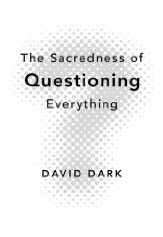Like a wise child whose imagination has somehow survived the pressure of popular conceptions of adulthood, Andy Harding is one of those rare people who's uniquely committed to devoting his adult energy to art, to feeling fascinated and doing something about it. What's more, he knows how to talk about what he's up to, how to invite people in, and how to keep us laughing even as we try to see the world more truly and soberly and beautifully, which is to say, artfully. He's at it this weekend at the
Tinney, and you'll be degrading your own genius if you
can go but don't. Here's the word on the amazing man's latest
The Cygnus Loop (Cygnus, incidentally, is a northern constellation chilling out along the Milky Way. It's all Latinized Greek for Swan):
Andy Harding's work engages in a dialogue between materials and concepts. His process entails drawing, coloring, cutting, shaping, and layering disparate materials into harmonious compositions to explore the dynamic cycle of order and entropy that bears witness to both the emergence of form and its dissolution in the multifaceted processes that make up the natural world. Harding's finished pieces call to mind scientific diagrams, natural forms, and even abstracted figures in their wriggling, writhing shapes. Living beings, materials, ideas, and forces all occupy distinct positions in the grand web of relations, yet nothing is static. In essence, this work is a reflection or a meditation on both the interrelatedness and the unique singularity of all things.










